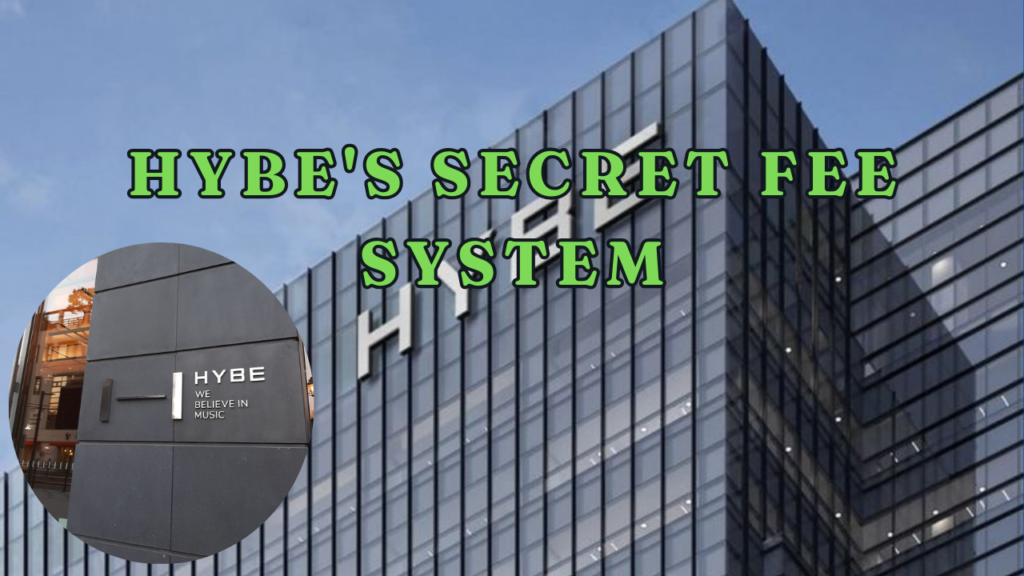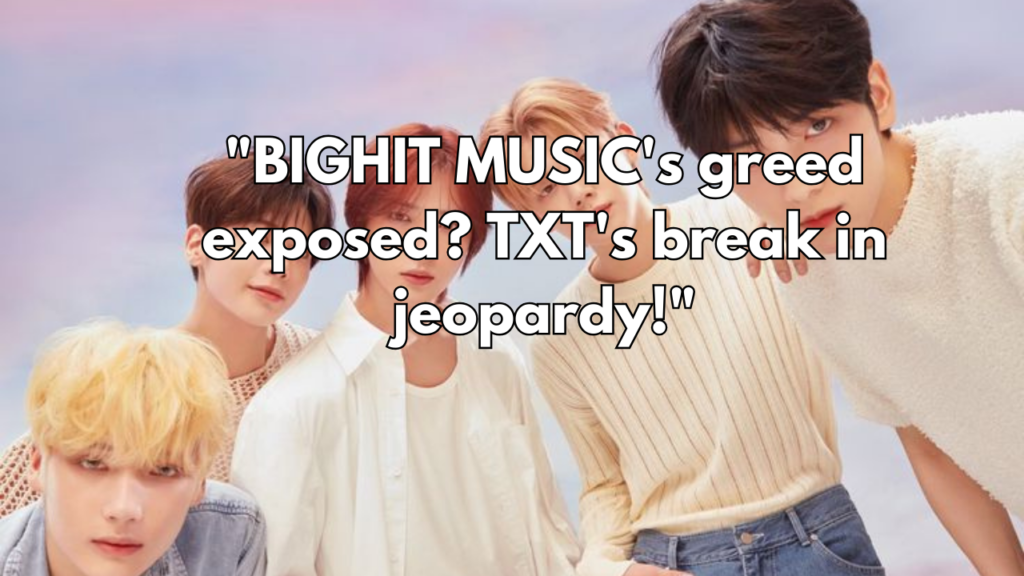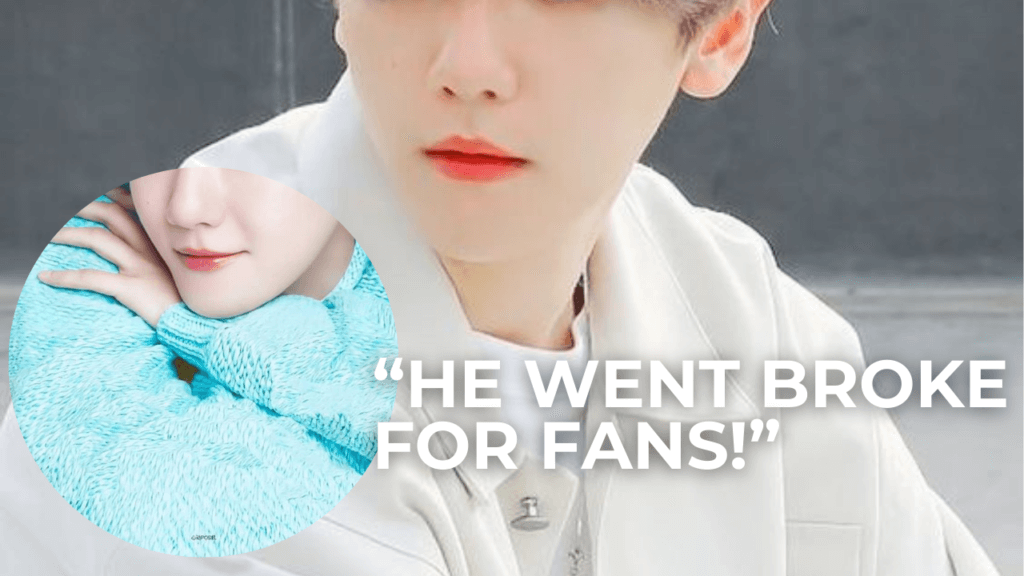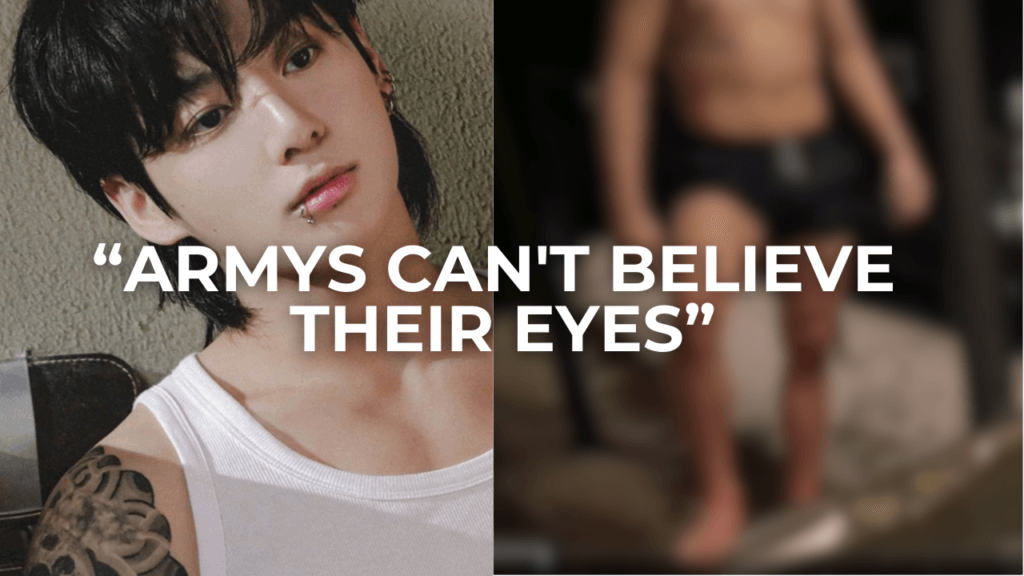HYBE’s Controversial Fee System Exposed
The HYBE labels tuition fee controversy has sparked intense public debate in South Korea. Major concerns have emerged about HYBE’s financial practices with its subsidiary labels.
The revelation shows HYBE collecting substantial “tuition fees” from most of its labels, except BIGHIT MUSIC. This unprecedented fee system has raised eyebrows across the entertainment industry and among fans worldwide.
Financial Breakdown of HYBE’s Label Charges
NewJeans’ label ADOR paid the highest amount at ₩15.7 billion KRW for music distribution and service charges. This substantial sum has drawn particular attention given ADOR’s relatively recent establishment and NewJeans’ rookie status. Source Music contributed ₩11.0 billion KRW, while BELIFT LAB paid ₩14.4 billion KRW. These payments significantly exceed each label’s intercompany revenue, raising questions about the fee structure’s fairness and sustainability.
Industry experts have pointed out that these charges appear unusually high for standard industry practices. The disparity between the fees and actual revenue generation has led to speculation about potential financial irregularities. Many question whether these charges truly reflect legitimate business expenses or represent a form of internal profit shifting.
BIGHIT MUSIC’s Special Treatment
BIGHIT MUSIC, BTS’s label, stands alone in not paying these fees. Industry insiders attribute this exemption to BTS’s exceptional performance on Billboard charts and their unprecedented global success. This preferential treatment has intensified scrutiny of HYBE’s management practices and raised questions about equitable treatment among labels.
The exemption has created visible tension within the HYBE ecosystem. Some industry observers suggest this differential treatment could impact the morale and development of artists from other labels. The situation mirrors broader concerns about fairness and transparency in the K-pop industry.
Impact on Artist Development and Label Operations
The high “tuition fees” potentially affect the resources available for artist development and promotion. Labels must balance these substantial payments with their operational costs and investment in new talent. This financial burden could particularly impact newer labels trying to establish themselves in the competitive K-pop market.
Growing Public Demands for Investigation
The HYBE labels tuition fee controversy has triggered widespread calls for a tax investigation. A petition demanding HYBE’s “Top Enterprise” status revocation has gathered over 47,000 signatures, demonstrating significant public concern. The controversy highlights broader concerns about transparency in Korea’s entertainment industry and corporate governance practices.
Public sentiment has grown increasingly critical, with many drawing parallels to previous industry controversies. The situation has prompted discussions about the need for stronger regulatory oversight in the entertainment sector. Social media platforms have become forums for heated debates about corporate accountability in the K-pop industry.
Final Thoughts: Will HYBE Address the Tuition Fee Controversy?
As this situation continues to unfold, many wonder how HYBE will respond to mounting pressure for transparency and reform. The controversy raises important questions about the balance between corporate profitability and fair business practices in the entertainment industry.
What are your thoughts on HYBE’s controversial fee system? Share your opinions in the comments below.







